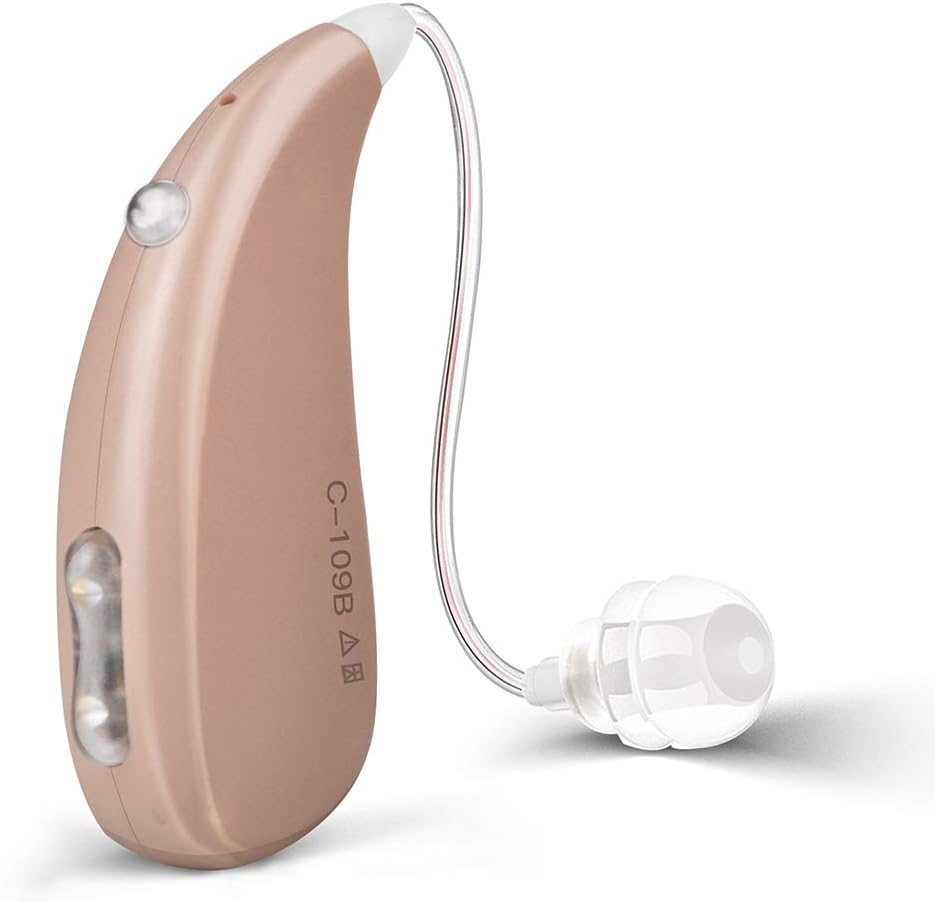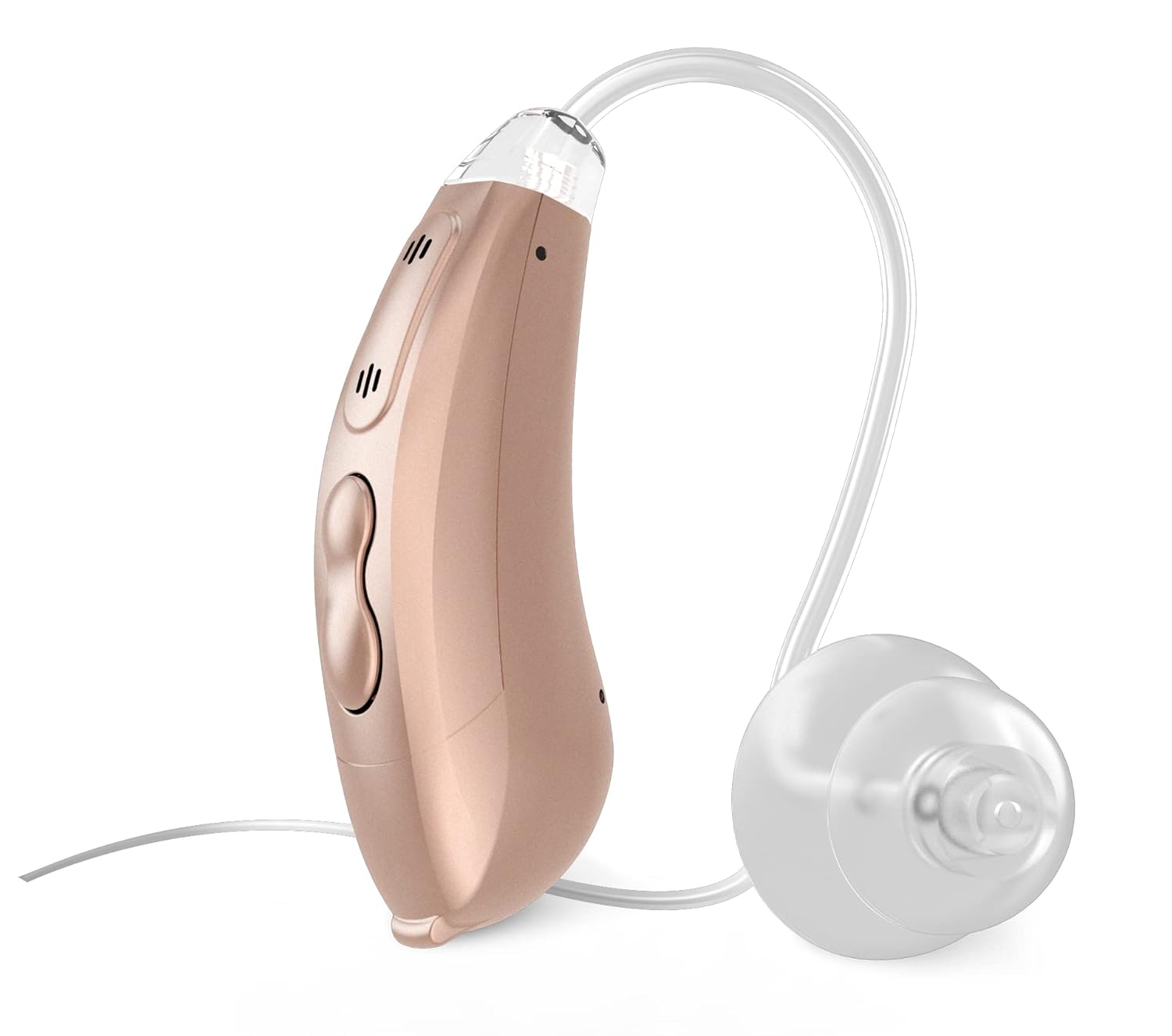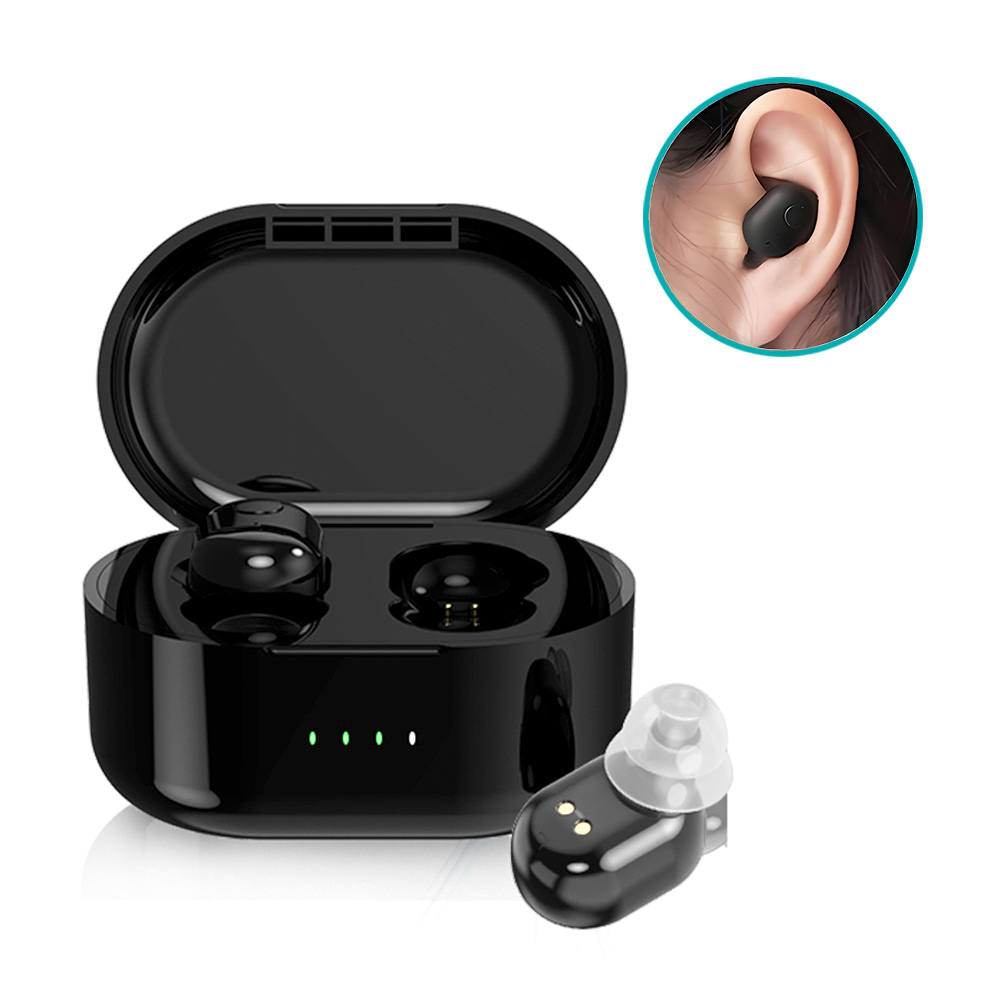
Every year at my annual medical check-up, the doctor measures my height and weight, listens to my heart and takes my blood pressure. She scans my skin for any moles that might have changed, looks at my eyes, my ears and down my throat. She orders blood work, and sometimes even other tests. But never, not once, has she tested my hearing or even asked me about it.

The same goes for my children at their annual check-up. Here the doctor does all of the above, plus a vision screening. But only upon request, will he do a cursory hearing test. Given my genetics, I request one for both of my children. Every year.
The lack of focus on hearing as an important part of one’s health is misguided and needs to change. Hearing loss is associated with many health problems, including depression, heart disease, diabetes, an increased likelihood of falls and even a higher risk of dementia. Identifying and treating hearing loss early could be a big help in lowering these risks, improving the quality of life for people with hearing loss, and reducing overall health care costs for us all.
Hearing Loss A Potentially Reversible Risk Factor For Dementia
A comprehensive study by the Lancet Commission published in July 2017 identified hearing loss as a potentially reversible risk factor for dementia. Other potentially reversible risk factors included cardiovascular risk factors like diabetes and hypertension, plus obesity, physical inactivity, smoking, depression, and low childhood educational attainment.
Not only was this the first time that hearing loss was mentioned as a potentially reversible risk factor in a study such as this, it was estimated to be the largest potentially reversible risk factor. Hearing loss in middle age (45-64 year) was determined to account for 9.1% of the risk of dementia, the highest level of all the modifiable risk factors identified. Rounding out the top three were low childhood education level (7.5%) and smoking in later life (5.5%). The chart below represents data from Table 1 from the Lancet article.
For people like me who live with hearing loss, knowing that hearing loss is a large risk factor for dementia is terrifying. The good news is that because hearing loss is a potentially reversible risk factor, we can do probably something about it.
That means if we recognize and treat our hearing loss early, we can potentially reduce our risk of developing dementia. This is one of the reasons why doctors should routinely screen for hearing loss.
Routine Doctor Screening For Hearing Loss Recommended
Routine doctor screening for hearing loss was among the recommendations of the National Academy of Sciences report entitled, “Hearing Health Care for Adults: Priorities for Improving Access and Affordability.” Perhaps the call for better hearing health care is building momentum.
What can we do to help raise awareness of this important topic?
1. Get your hearing checked. If your primary care doctor does not automatically screen your hearing, ask him to do it and explain why you are asking.
2. Encourage your friends and family to do the same. If more patients begin requesting the service, doctors may start to take note.
3. Advocate for yourself in medical settings. Make sure that doctors and other health professionals are communicating with you in a manner you can understand. This involves asking for the accommodations you need, if any. You can read more about how to do this here.
4. Partner with advocacy groups. Hearing Loss Association of America represents the hearing loss consumer’s viewpoint to decision makers in the national government and elsewhere. Local advocacy groups could also have an impact in your immediate community.
The above is the interpretation of Why Don’t Doctors Routinely Screen for Hearing Loss? provided by Chinese hearing aid supplier Shenrui Medical. Link https://www.sengdong.com/Blog/Why-Don't-Doctors-Routinely-Screen-for-Hearing-Loss.html of this article is welcome to share and forward. For more hearing aid related information, please visit Blog or take a look at our Hearing aids products







